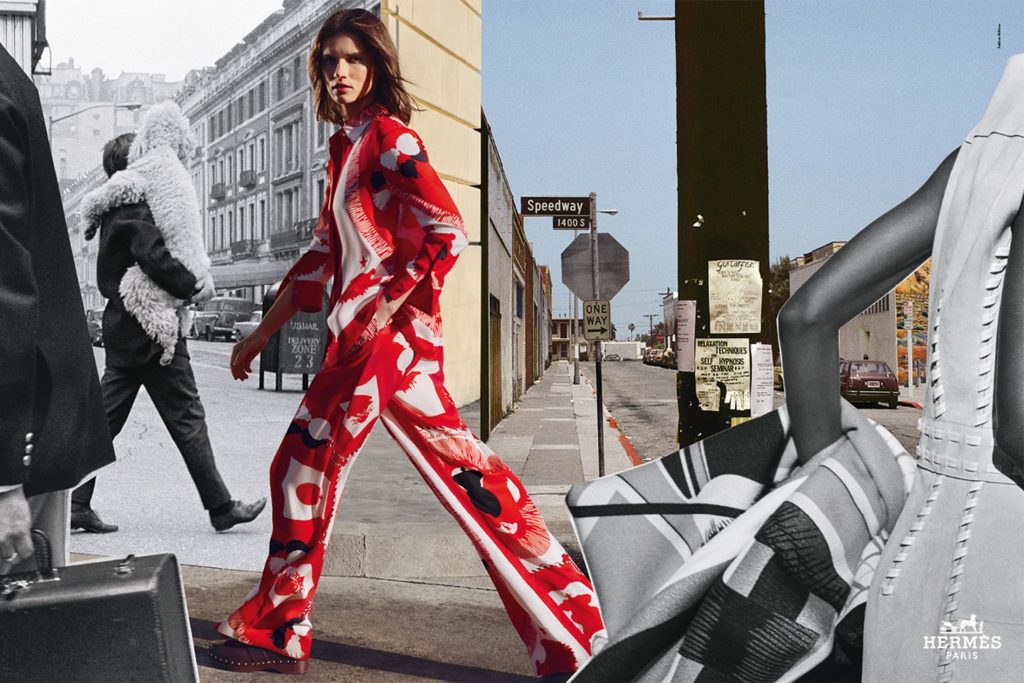
image: Judith & Charles
Over five years ago, on April 24, 2013, the Rana Plaza building collapsed in Savar, Bangladesh, killing more than 1,100 garment workers and injuring thousands more. Rana Plaza housed factories that have been tied to brands, such as Joe Fresh (a Canadian company), Mango, Zara’s parent company Inditex, Primark, and Benetton, among others, and the tragedy. The largest industrial accident in 30 years, the collapse sent the global fashion and apparel industry into an upheaval.
Many workers’ rights groups, companies and trade unions agreed to make changes within five years. Their actions make up part of Responsible Fashion and Apparel (“RFA”), a global movement that includes complex, transnational and diverse groups working to challenge and disrupt conventional systems of fashion and apparel production and consumption, including labor rights and the environment.
The government of Canada also made commitments to support change. But have they lived up to these promises?
Responsible fashion and apparel as a concept is quite simple: It takes a “do no harm” approach to clothing. Across every aspect of a product’s life, it asks that neither people nor planet be compromised. But responsible fashion is about more than production. It is also about how an article of clothing is consumed and what happens to that garment when it has reached the end of its life. This includes social, cultural and political issues.
Efforts on an International Scale
Canadians were outraged that they, through association, might be connected to such a horrific catastrophe. In response, diverse and divergent stakeholders worked together, albeit under great public pressure, to support garment workers in Bangladesh. While entities focused on building infrastructure and lobbying companies and governments to improve workplace standards, others viewed the collapse as an opportunity to challenge the way in which the entire fashion and apparel industry operates.
Some organized initiatives after the collapse, such as Fashion Revolution; others were already active as organizers within the network before the disaster, such as Maquila Solidarity Network and Fashion Takes Action. One organizer, Myriam Laroche, was motivated to create Vancouver’s Eco Fashion Week in 2009. Eco Fashion Week was designed to showcase and support responsible fashion and apparel both in Canada and on a global scale.
The Canadian government has also made an impact in supporting garment workers’ rights in Bangladesh. In January, the government announced the appointment of an Ombudsperson for Responsible Enterprise, whose role will be to ensure Canadian companies respect human rights abroad.
Moreover, since October 2013, Canada has been involved with the International Labor Organization (“ILO”), working alongside the governments of the Netherlands and the United Kingdom in a jointly funded ILO program called “Improving Working Conditions in the Ready-Made Garment Sector.”
Still yet, in 2016, Canada signed on to the Compact, a joint initiative of the ILO, the European Commission, the government of Bangladesh and the United States to improve labor rights, building safety and business practices in Bangladesh.
Little Support at Home
While the federal government is working to better social and environmental challenges associated with garment making in Bangladesh, a lack of government support for initiatives like Eco Fashion Week – which announced early this year that it would be forced to end its initiative due to a lack of government funding and other forms of support – suggests that responsible fashion and apparel is not on the agenda at home.
In addition to Canada making meaningful strides toward improving garment manufacturing in Bangladesh (and other international garment manufacturing hubs), the Canadian government should simultaneously support grassroots organizations working at home, as well. Investing in the RFA movement in Canada, as well as on a global level, is a necessary step for Canada to affect positive change.
To be a leader in global efforts that support RFA, the government of Canada needs to support local initiatives that connect fashion to politics and focuses on environmental issues, cultural concerns and workers’ rights.
Mary Hanlon is a PhD Candidate at the University of Edinburgh. (Edits courtesy of TFL)











